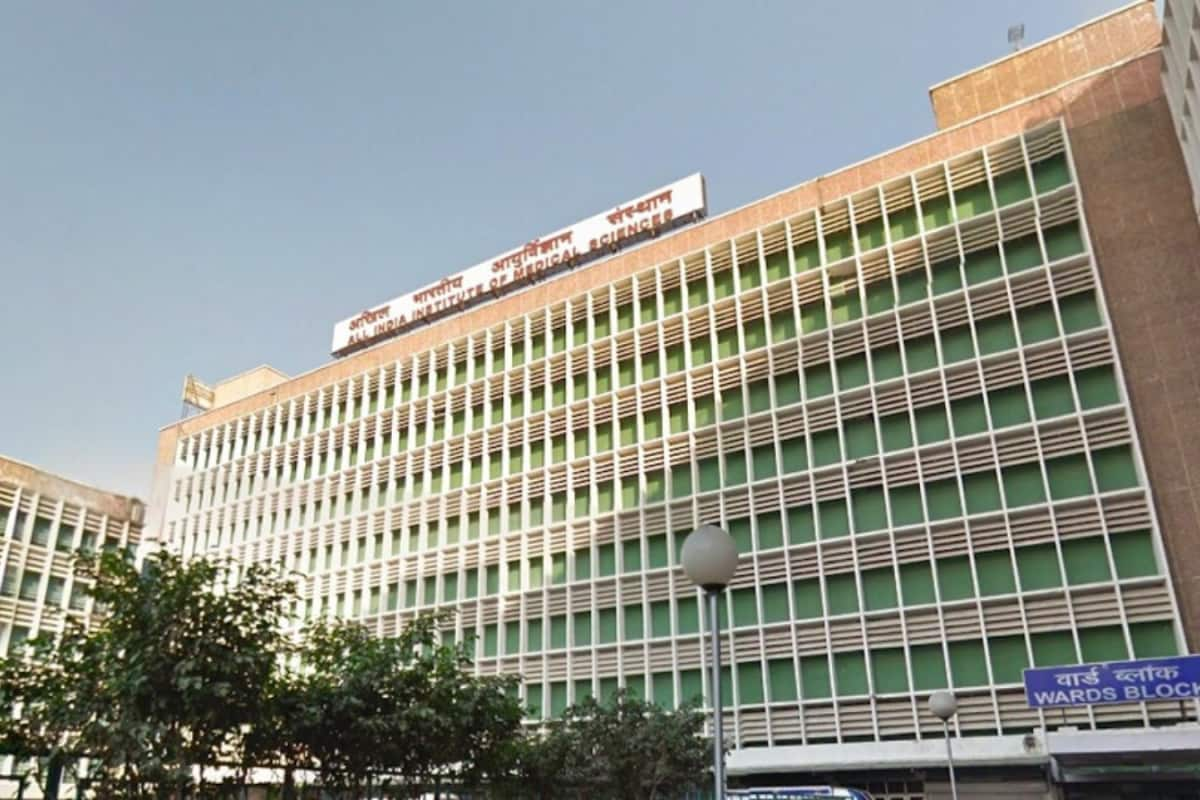

Patients seeking non-emergency surgeries at the All India Institute of Medical Sciences (AIIMS) in New Delhi may face waiting periods of up to two years. This concerning situation is primarily attributed to the overwhelming patient load at the premier medical institution. The Union government addressed the issue in the Rajya Sabha, assuring that critical and emergency surgeries across various departments are being prioritized and conducted without delay.
Minister of State for Health and Family Welfare, Prataprao Jadhav, acknowledged the lengthy waiting times in a written response to a question from Samajwadi Party MP Ramji Lal Suman. Jadhav, who also serves as the Minister of AYUSH, stated that the general waiting period for planned procedures could extend up to two years due to the heavy patient load. AIIMS Delhi, functioning autonomously under the Ministry of Health and Family Welfare, is one of the largest tertiary care hospitals in India, drawing patients from across the country.
Specifically, patients requiring cardio-thoracic-vascular surgery and neurosurgery may experience the longest delays for planned procedures. As of now, 1,324 patients are awaiting neurosurgery, while 690 are in line for cardio-thoracic-vascular procedures. Other areas with significant waiting lists include surgical oncology, with 305 patients, and cochlear implant surgeries, with 28 patients.
While the waiting period for planned surgeries can be extensive, the government has clarified that patients with certain critical conditions are being prioritized. Individuals with heart diseases have not been given surgery dates exceeding one year. Similarly, there is no waiting period for surgeries involving resectable liver diseases, and patients with end-stage kidney disease who have a renal donor available also do not face extended waits. Liver transplants, however, are dependent on the availability of donors.
Certain departments within AIIMS have been identified as priority areas with no waiting periods for surgery. These include ophthalmology, ENT, pediatrics, burns and plastic surgery, urology, and dental care, specifically for patients undergoing critical treatment. In contrast, other departments face varying waiting times. General surgery has a waiting period of up to two months, while in gynecology, particularly for malignant cases, the wait can be up to three months. Gastrointestinal surgeries have a timeline ranging from three to six months, depending on the urgency of the case.
AIIMS has been exploring measures to address the issue of long waiting times. One proposed solution involves running operation theaters in two shifts to enhance the number of surgeries performed. Currently, operation theater timings are restricted, and the proposal aims to extend these hours to accommodate more patients. AIIMS is also integrating waiting time details into its existing online dashboard, Janlaksh, to provide real-time information regarding waiting periods for diagnostic tests and surgeries. The portal will display updated data on treatment waiting lists, helping patients make informed decisions and explore alternatives in other government hospitals.
The long waiting times at AIIMS are not a new phenomenon. In 2019, reports highlighted patients waiting up to two years for heart surgery. More recently, in December 2024, the waiting time for orthopedic surgeries at AIIMS Delhi doubled to 12 months due to the reduced functionality of operation theaters. Only four to five of the seven operation theaters were functional due to the anesthesia department's inability to man all the OTs, leading to a backlog and longer wait times.